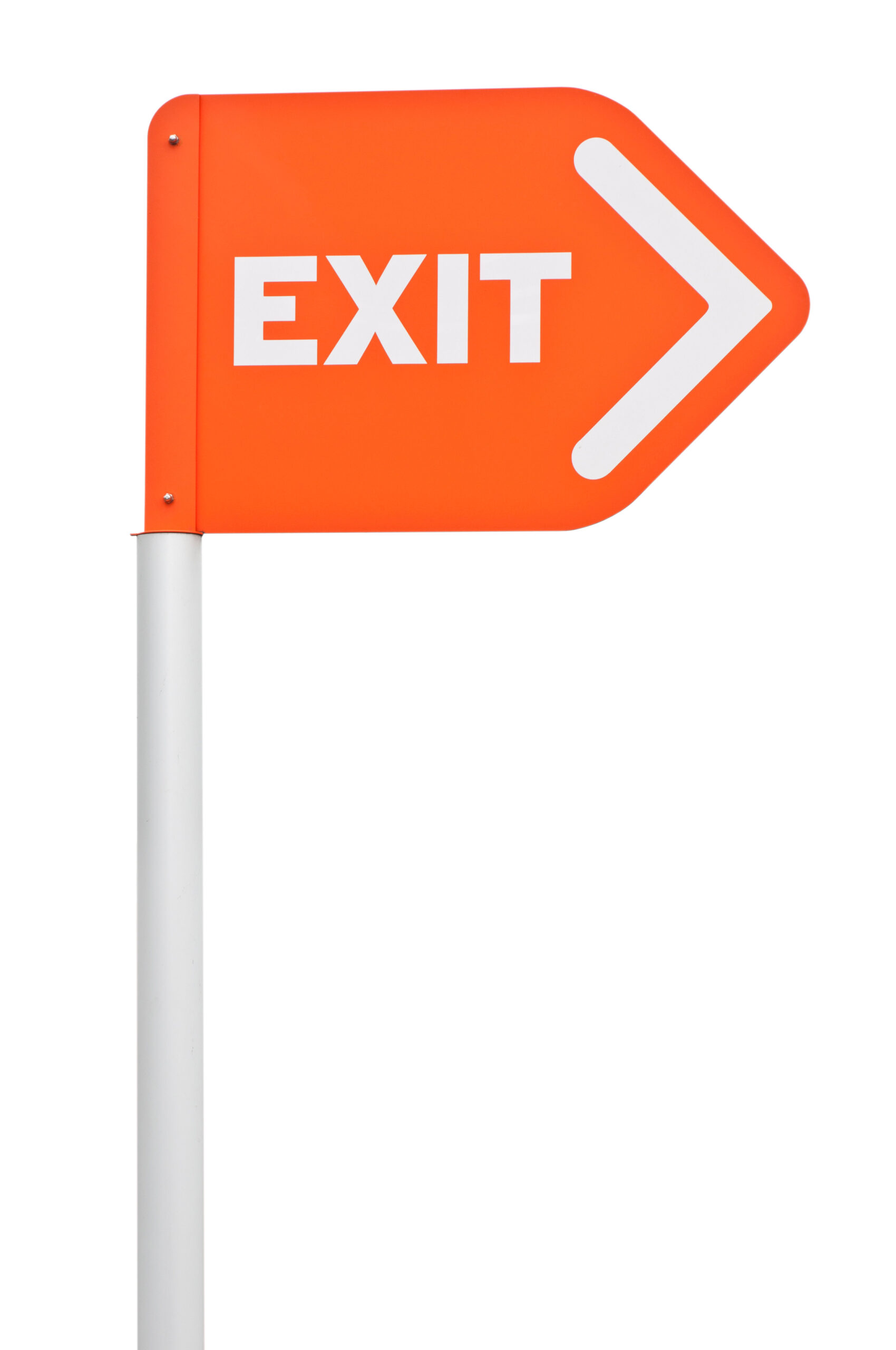Introduction to Emergency Preparedness
We never know when disaster will strike, but being prepared can make all the difference. Whether it’s a natural disaster like an earthquake or hurricane, or a man-made crisis such as a terrorist attack or pandemic outbreak, taking steps to prepare for emergencies can help you stay safe and protect your loved ones. In this blog post, we’ll cover some essential tips for emergency preparedness so that you can be ready when seconds count.
Building an Emergency Kit
One of the most important things you can do is build an emergency kit. This should include supplies that will help you survive in case you need to evacuate quickly or shelter in place. Some essentials to include are water, non-perishable food items, first aid supplies, flashlights, extra batteries, and a portable charger for electronic devices. You may also want to consider adding additional supplies such as blankets, warm clothing, and personal hygiene products. Make sure to store everything in a convenient location where you can easily access it if needed.
Creating a Communication Plan
Communication is critical during emergencies, which is why creating a communication plan is essential. Identify someone who lives outside of your area whom everyone can contact in case of an emergency. Establish a code word or phrase that family members can use to alert each other that they are okay. Also, make sure to program emergency contacts into your phone and keep them updated regularly.
Developing an Evacuation Plan
In case of an emergency, you may have to evacuate quickly. Developing an evacuation plan ahead of time can save precious minutes. Determine the safest routes from your home or workplace to safer locations, such as shelters or friends’ homes. Practice these routes with your family members so that everyone knows what to do. Don’t forget to bring your emergency kits with you!

Practicing for Different Scenarios
It’s crucial to practice different scenarios so that you are familiar with how to respond in various situations. Conduct regular drills with your family members, including practicing how to turn off utilities and finding alternative sources of light and heat. Consider attending community training events to learn more about emergency response techniques.
Conclusion and Final Tips
Remember, emergency preparedness starts with you. Take action today by building an emergency kit, developing a communication plan, and practicing different scenarios. Stay informed by monitoring local news channels and following social media accounts that provide updates on potential threats. Finally, don’t forget to review and update your plans regularly to ensure that you and your family remain protected.
Thank you for reading this post, don't forget to subscribe NOW for FREE!
Related Content
- Positive Preparedness: The Power of Forward Planning
- How to Prepare for a Natural Disaster: A Step-by-Step Guide
- Discover the Benefits of Apple Cider Vinegar Tonic: A Natural Remedy for Inflammation and Wellness
- Best Practices for Organizing a Community Disaster Response Team
- The Ultimate Survival Guide for Earthquakes






